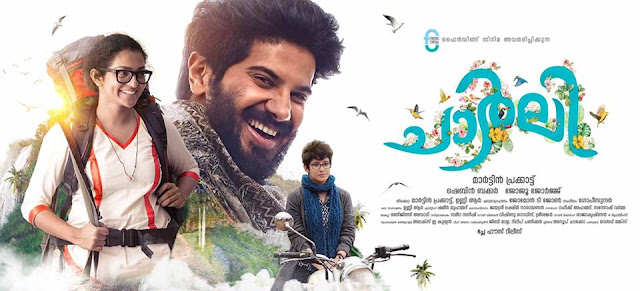The Violent Century by Lavie Tidhar
Any book by Lavie Tidhar is a must-read. Ever since I chanced upon A Man Lies Dreaming, which I had gobbled up last year, leaving me absolutely gob-smacked about the revolutionary ideas and of course, the mastery of the prose. Tidhar's soaring imagination views our dramatic history, especially that which touches upon the lives of the persecuted jews, with shifting perspectives, asking uncomfortable questions and bringing to light, some of the darker aspects our world's history.
The Violent Century is no different. This time, Lavie Tidhar trains his guns on the concept of super-heroes in a century dotted with violent wars, the majority of which is spent on the second world-war, painting this world as an alternate one where 'The Change' has gifted some men with peculiar gifts ( "Ubermensch", super-heroes with interesting powers ) and what consequences this has on the war and the rest of world history.
The mind-bending narrative that follows dizzyingly confusing time-line jumps opens up in the 'present' where two British superheroes, Fogg and Oblivion ( Fogg can disappear into thick fog screens and manipulate the fog to create giant men, while Oblivion can simply make things disintegrate!) are being interrogated for their roles in having shaped this violent war-torn world as it is today. Debriefing them is the 'Old Man', their boss in the British super-men secret agency, who never ages from the time that Fogg had first met him, when he was recruited from Oxford, back in 1936. From here on, the narrative jumps across different time-lines that gives us ring-side view onto the Training at the 'Farm' where the potential super-heroes are groomed for their duties in this world, then onto the bloody massacre at Warsaw, Paris and beaches of Normandy as Germany and their allies try for their world domination bids. We also meet the allies, the Ubermensch from America, the rising super-power in this world, the likes of the Tiger-Man, the Green-Men twins, The Whirlwind. We also meet up the Ubermensch from Russia - The Red Sickle and more. It is a mad distorted world out there, with the super-heroes trying to bring in balance to both sides of this teetering see-saw. Then there is of course the Nazis ( a recurring them in most Lavie Tidhar's books) crazed out on power and the need to dominate this world, and their cruel brutal experiments to breed their own versions of the Ubermensch.
If you ask me, what was the Violent Century about, I still don't think I can give a coherent answer though. It's a thought-experiment, a what-if. An attempt to answer this question, what makes a hero?
Our protagonist, Fogg is more of an observer, a watcher from the shadows. His are the lens through which we view the violent century, starting from the death-camps of Auschwitz, to secret alleys of the city of light Paris, to the bloody beaches of Normandy littered with the dead bodies of the unfortunate, then onto the grim workings of a cold-war, the thick dark forests of Vietnam, even the poppy-fields of Afghanistan (where we meet a young Pashtun lord curiously named Osama!) - But Fogg is a man, who isn't drawn to violence and is a man prone to asking the difficult questions, even to himself. A man with his heart in the right place, who wants to protect the innocents. Like Clara, the innocent daughter of the terrible Nazi doctor Vermacht. Because, there is a secret to what happened that summer in Paris in 1943 when Fogg was supposed to spy on Doctor Vermacht but instead finds himself in a dangerous predicament. The after-math of which hangs heavy on his relationships with the Retirement Bureau, his boss the Old man and even his friends, like Oblivion.
Lavie Tidhar's events in the book are all of course real. But the way in which he stitches together the shadow-cloud of the involvement of superheroes in all these events is extraordinarily clever. This 'What-If' meditation borrows from the Comics world a lot, even throwing in a nod to the creators of Superman and even Stan Lee of the Marvel Comics. But it's wholly his own, an escape into a melancholy world of love, betrayals, stifled desires and bloody consequences to live with. Tidhar's characters are grey, flawed and humane, selfish and selfless at the same time that only us humans can be. Armed with this, he proceeds to dissect the question of what makes a hero, time and again. Presenting his protagonists with difficult choices, making them choose, and live with the consequences of such. It is a work of art, clever and subverting some of the concepts we take for granted. Like violence to maintain peace in this fragile world. As he goes onto say, Everything else is a shadow of that Great War. We live in the shadows of this desultory world, just like Fogg. Using his fluid superlative imagination, Lavie Tidhar once again lays bare the darkness that lurks in our world, a shifting perspective into the complexities of our historical reality. Highly recommended.




Comments